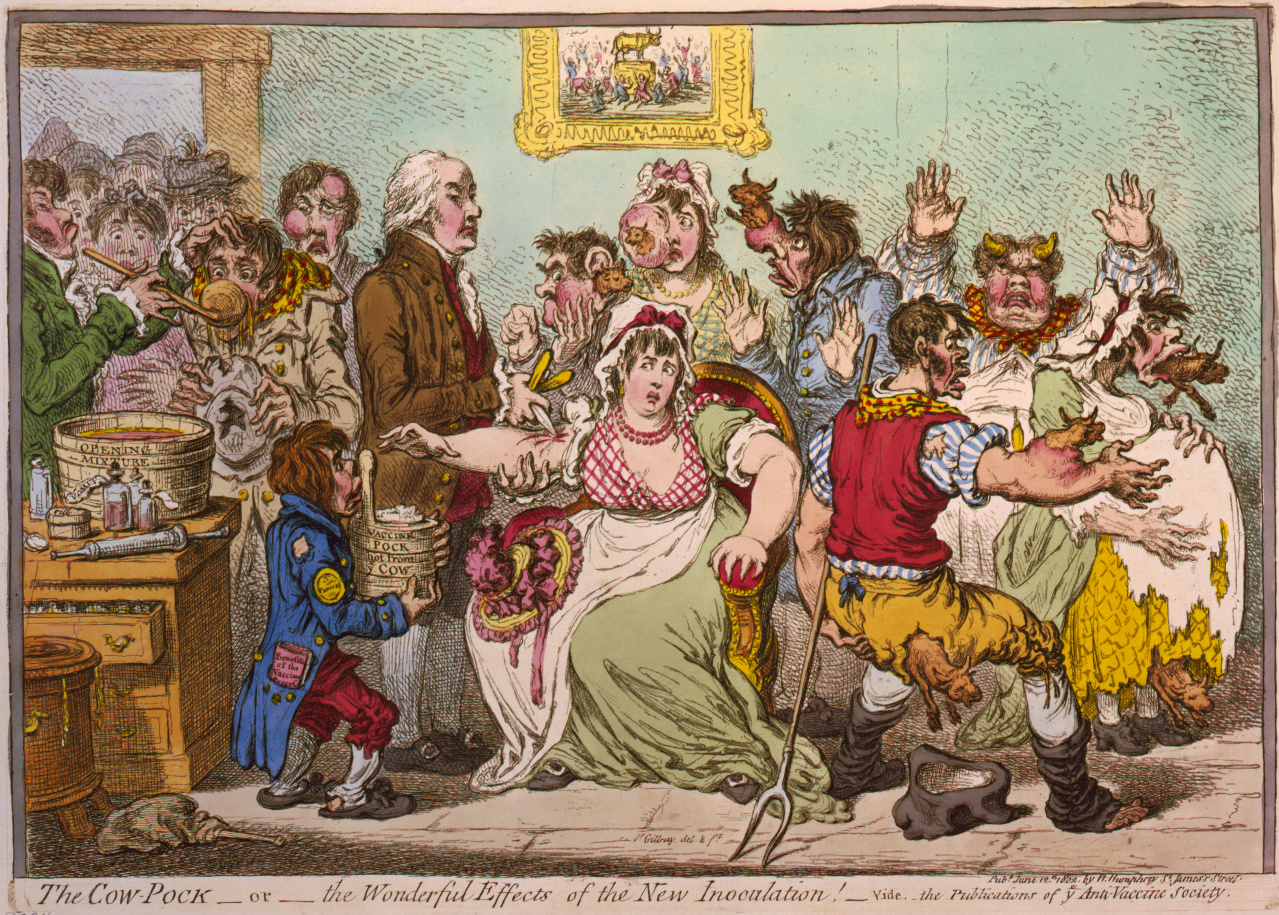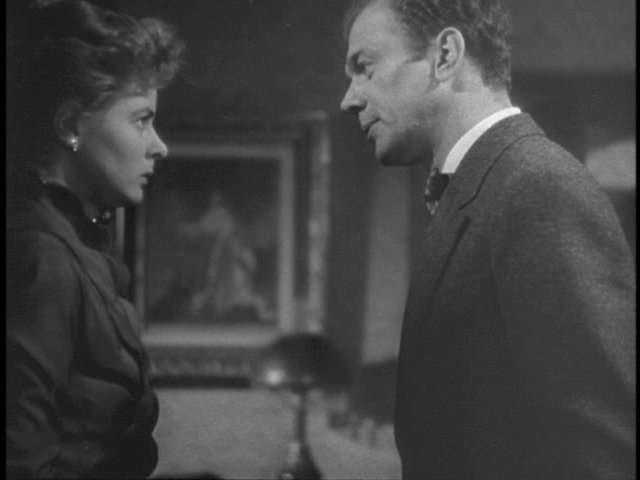JOHN CAFFERTY and the BEAVER BROWN BAND are best remembered for their soundtrack to the movie Eddie and the Cruisers.
20 July 2020
John Cafferty and the Beaver Brown Band
JOHN CAFFERTY and the BEAVER BROWN BAND are best remembered for their soundtrack to the movie Eddie and the Cruisers.
24 June 2020
In like a lion, out like a lamb
News about the pandemic seemed to push aside the usual stories on the news about the weather. “In like a lion, out like a lamb” has always seemed a straightforward enough proverb about the weather in March. March begins in winter, and by the end of the month, spring has begun, so it is often a mean lion at the start and a gentle lamb at the end.
19 June 2020
Doomscrolling
Have you heard the word "doomscrolling"? Have you been doing it? It is defined as the act of scrolling on your device and reading or skimming the endless stream of bad news that hit us daily on news sites and social media.
 |
| Image:Mote Oo Education | Pixabay |
The pandemic, economic hard times, violence in the street and the Black Lives Matter protests are all important stories but seem to all be part of a doomsday scenario.
The Merriam-Webster dictionary people have recently flagged doomscrolling as one of the words it is watching for 2020 for possible inclusion into the dictionary.
The word has appeared in stories in Business Insider, and the close variation, “doomsurfing,” appeared in the New York Times.
Why are people doomscrolling if the news is so negative? It is a combination of a "fear of missing out" (FOMO), a “hurry-up-and-wait” instinct and a real desire to get information on the pandemic and other issues even if that information is incomplete, questionably accurate and depressing.
With so many sources of information at our fingertips, the temptation to doomscroll is seductive to many people.
14 May 2020
Vaccine and vaccination
 |
| A caricature by James Gillray "The Cow Pock" of Jenner vaccinating patients who feared it would make them sprout cowlike appendages - Library of Congress, Public Domain, Link |
His vaccine practice was not immediately accepted. People feared the counterintuitive idea of introducing a disease into your body in order to fight disease. And the idea of using something from an animal in your body was repulsive. Jenner submitted a paper about his new procedure to the prestigious Royal Society of London, but it was rejected. The president of the Society told Jenner that it was a mistake to risk his reputation by publishing something so controversial.
Jenner published his ideas at his own expense in a short pamphlet in 1798 which was widely read and discussed. Novelist Jane Austen noted in one of her letters that she’d been at a dinner party and everyone was talking about the “Jenner pamphlet.”
The vaccination process evolved but in that time even the idea of germs was unknown so poor sanitation and dirty needles contributed to issues from the process
Jenner used the word vaccine in his writing and his friend, Richard Dunning, used "vaccination" in 1800, but the Oxford English Dictionary credits the French for coining the term vaccine in 1800 and vaccination in 1803. There are cognates in other languages (Italian, vaccine, Portuguese, vacina, and Spanish, vacuna).
29 April 2020
Nazz
with some Beatles' A Hard Day's Night as channeled through The Monkees.
18 April 2020
Alice Cooper
 |
| Alice Cooper (Wikimedia) |
In 1964, a sixteen-year-old Furnier wanted to enter a local Phoenix, Arizona talent show. He got some friends from his cross-country team to form a group they called The Earwigs for the show. Since they didn't know how to play any instruments at the time, they dressed up like The Beatles and lip-synced to Beatles songs. They won the talent show and were motivated to learn how to play instruments and form a real band which they called The Spiders. It featured Furnier on vocals, Glen Buxton on lead guitar, John Tatum on rhythm guitar, Dennis Dunaway on bass guitar, and John Speer on drums.
They modeled themselves on mainstream rock bands of the time - The Beatles
In 1965 they recorded their first single, "Why Don't You Love Me" (a cover of a song originally performed by The Blackwells), with Furnier learning the harmonica for that song.
In 1966 "The Spiders" graduated from high school and they had a local radio hit with "Don't Blow Your Mind," an original composition. By 1967 the band had begun to make regular road trips to Los Angeles to play shows. They soon renamed themselves The Nazz and released the single "Wonder Who's Lovin' Her Now," with B side "Lay Down And Die, Goodbye."

More important than the name was the idea of a male playing the role of an androgynous witch, in tattered women's clothing and wearing make-up. Cooper has said the look was influenced by the film Barbarella
"When I saw Anita Pallenberg playing the Great Tyrant in that movie in 1968, wearing long black leather gloves with switchblades coming out of them, I thought, 'That's what Alice should look like'. That, and a little bit of Emma Peel from The AvengersThe concept of a rock villain was unique and they continued to build their stage image which was in complete contrast to the real "Alice" off stage.".
They had their breakout hit in 1971 with "I'm Eighteen

Alice Cooper, the man, has taken up acting, celebrity golf, is a restaurateur, and in 2004 started a classic rock radio show "Nights with Alice Cooper."
The original Alice Cooper group was inducted into The Rock and Roll Hall of Fame.
The Best Of Alice Cooper: Mascara and Monsters
Alice Cooper's Greatest Hits
Alice Cooper Goes to Hell
Billion Dollar Babies
15 April 2020
Gaslighting, Gaslighter
Gaslighting is a form of psychological manipulation in which a person (gaslighter) or a group secretly attempts to create doubt in a person so that they doubt their memory, perception, or even their sanity.
I have been hearing the term used more lately. Just this month, I saw that the Dixie Chicks have released an album and song titled Gaslighter. The reference in the song is supposed to be to gaslighting that happened in lead singer Natalie Maines' marriage/divorce.

In the play, the scheming husband slowly dims the gas lights in their home, while pretending nothing has changed, in an effort to make his wife doubt her own perceptions.
He also dims other lights and makes noises and voices that the wife hears while he denies that these things are happening. His goal is to have her evaluated and committed to a mental institution.
Gaslighters use denial, misdirection, contradiction, and misinformation to destabilize and delegitimize the victim's beliefs.
Currently, I hear the term applied to politicians who seem to be manipulating the public by using those techniques.
The term has worked its way into popular culture. Pop group Steely Dan has a song entitled "Gaslighting Abbie" on their album Two Against Nature.
08 April 2020
Quarantine
01 April 2020
New York Mets
The New York Mets are in the National League East and are based in the New York City borough of Queens.
They were one of baseball's first expansion teams. The Mets were founded in 1962 to replace both of New York's departed NL teams, the Brooklyn Dodgers and the New York Giants. The American League team in New York City is the New York Yankees who are based in the borough of the Bronx. The team's colors combine the Dodgers' blue and the Giants' orange.
The nickname "Mets" was adopted as a shorthand to the club's corporate name, "The New York Metropolitan Baseball Club, Inc."
The name also recalls the "Metropolitans" which was a former New York team in the American Association from 1880 to 1887. The shorter form worked better in newspaper headlines.
After the 1957 season, the Brooklyn Dodgers and New York Giants relocated from New York to California to become the Los Angeles Dodgers and San Francisco Giants. That left the country's largest city in the United States with no National League franchise.
There was a threat that a New York team joining a new third league, so the MLB the National League expanded by adding the New York Mets following a proposal from William Shea.
For the first two years of its existence, the team played its home games at the historic Polo Grounds in Upper Manhattan.
In 1964, they moved into newly constructed Shea Stadium in Flushing, Queens, where the Mets played until the 2008 season.
In 2009, the club moved into Citi Field, adjacent to the former Shea Stadium site.
 |
| Tom_Seaver_at_Shea_Stadium_1974 (Delaywaves CC BY 2.0, Link) |
In the years since the Mets have played in four World Series. These include a dramatic run in 1973 that ended in a seven-game loss to the Oakland Athletics and a second championship in 1986 over the Boston Red Sox. The "Subway Series" ended in a loss against their cross-town rivals the New York Yankees in 2000. Their last Series appearance resulted in a five-game loss to the Kansas City Royals in 2015.
At the end of the 2019 season, the team's overall win-loss record was 4448–4808, a .481 win percentage.
29 March 2020
Blogging, Statistics and Making a Buck
For example, I got an alert about this blog:


- Modifications you did to your page's content.
- Increased interest in a trending topic covered by the page.
I do glance at my websites' analytics occasionally. I have ten sites and blogs that I do, so it can't be a very regular thing. I do like to look every few months to see what has been happening. I also have a half dozen clients that I do websites for and they are always interested in their stats. But I'm going to write about these origins here whether or not it gets lots of hits. It's not my "job" - though it's nice if someone clicks on an Amazon link that I use and buys a book or something and a few pennies drop into my account.
Speaking of that - I was browsing Amazon to find a book for a friend who wanted to try to start a blog that would make money. I certainly don't have a secret formula for that, but I did find a bunch of people who have written about blogging as a job. The idea of having "passive income" is very appealing - and probably quite difficult to do in any meaningful way. Still, give it a try. If you find the secret formula, let me know - then write the book.
25 March 2020
Draconian
 |
| Draco the Lawgiver carving in the library of the United States Supreme Court (Wikimedia) |
Recently, I have been seeing "Draconian" used in the news to describe things like the measures being taken in Italy and other countries due to the coronavirus (COVID-19). The adjective is used when laws or their application are considered excessively harsh and severe.
Is there a Draco that makes things Draconian? My sons might say is it for Draco Malfoy, a character in the Harry Potter series of books and movies? No. Is it connected to Draco, a constellation in the northern part of the sky or the dwarf galaxy orbiting the Milky Way? No and no, but there is a connection for all of them and that connection is the man Draco who lived in the 7th century BC.
He was also called Drako or Drakon and was the first recorded legislator of Athens in Ancient Greece. He replaced the prevailing system of oral law and blood feud with a written code to be enforced only by a court of law.
But Draco established laws characterized by their harshness and since the 19th century "draconian" became an adjective referring to similarly unforgiving rules or laws.
19 March 2020
Murphy's Law
The origin of the phrase is totally unknown and it's likely that people were saying this is something close to it long before anyone attached a name to it. So the question here is whether there actually was a Murphy and if so why the name became attached to the adage?
According to one version, the origin stems from an attempt to use new measurement devices developed by Edward Murphy, an American aerospace engineer who worked on safety-critical systems. The phrase was coined in adverse reaction to something Murphy said when his devices failed to perform.
According to the book, A History of Murphy's Law by Nick Spark, this common bit of philosophy does have a military origin. But the "facts" still seem to be a bit hazy.
Murphy worked at Wright-Patterson Air Force Base on high-speed rocket sled experiments and that's supposed to be where and when the coining of Murphy's law happened.
Reportedly, Murphy was not happy with the commonplace interpretation of his law which he saw as more serious. Murphy regarded his law as an important principle of defensive design - one should always assume worst-case scenarios.
Though Murphy may have been serious, the law that carries his name has been used in many less-than-serious situations.









